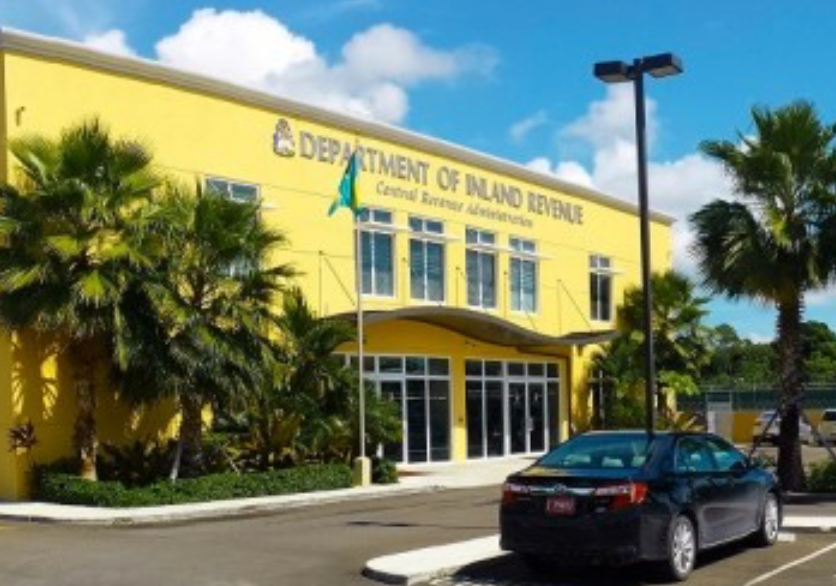NASSAU, BAHAMAS — The Bahamas Chamber of Commerce and Employers’ Confederation (BCCEC) has accused the government of making it more difficult to do business in the country through a series of policy shifts.
The private sector representative body in a statement yesterday noted that these policy shifts include the requirement of all businesses to supply the Department of Inland Revenue with a Real Property Tax (RPT) assessment number before being granted a business license renewal, even if the business is renting; requiring businesses earning less than $100,000 to submit proof of income at the time of applying for a business license renewal, without reasonable notice; and the mandated migration towards the Click2Clear Bahamas Electronic Single Window Integration and its associated costs.
“Requiring all businesses to supply the Department of Inland Revenue with a property tax assessment number at the time of applying for a business license renewal, even for businesses that rent means that these business owners are at the mercy of their landlords to provide this information. Further, should the information not be supplied, delays are guaranteed,” the BCCEC noted.
It continued: “Requiring businesses earning under $100,000 to submit proof of income when this was not a requirement previously nor being provided with adequate notice is depleting their already challenged efforts. This gravely impacts micro and small businesses that do not have the resources to quickly have this information gathered in an acceptable format. Business License Renewals, which previously took significantly less time, are now taking three to four weeks or even longer to obtain.”
The BCCEC noted that these decisions have added to the mounting frustration of the private sector, added delays, and continue to hinder the timeliness in how businesses are able to operate and prepare for the future.
“Businesses suffer and cannot properly plan when the government of The Bahamas makes policy shifts that have a material impact on how they are to operate without providing a fair and adequate notice period for implementing new policies,” the BCCEC noted.
Last month, officials at the Department of Inland Revenue announced that greater focus will be placed on verifying the gross turnover of businesses across the country, as they expressed serious doubt that only 9,000 of the nearly 50,000 registered businesses have an annual gross turnover of $100,000 or more. Businesses with an annual gross turnover of $100,000 plus are required by law to be Value-Added tax (VAT) registrants.
The Ministry of Finance in a statement last month suggested that the Customs department was losing more than $50 million in annual revenues due to the manual submission of documents as it defended the need to utilize electronic data interchange.
The Ministry of Finance in a statement also dismissed assertions that it is directing brokers and importers to utilize a particular software vendor to integrate with Customs’ Click 2 Clear platform at a significant cost.






